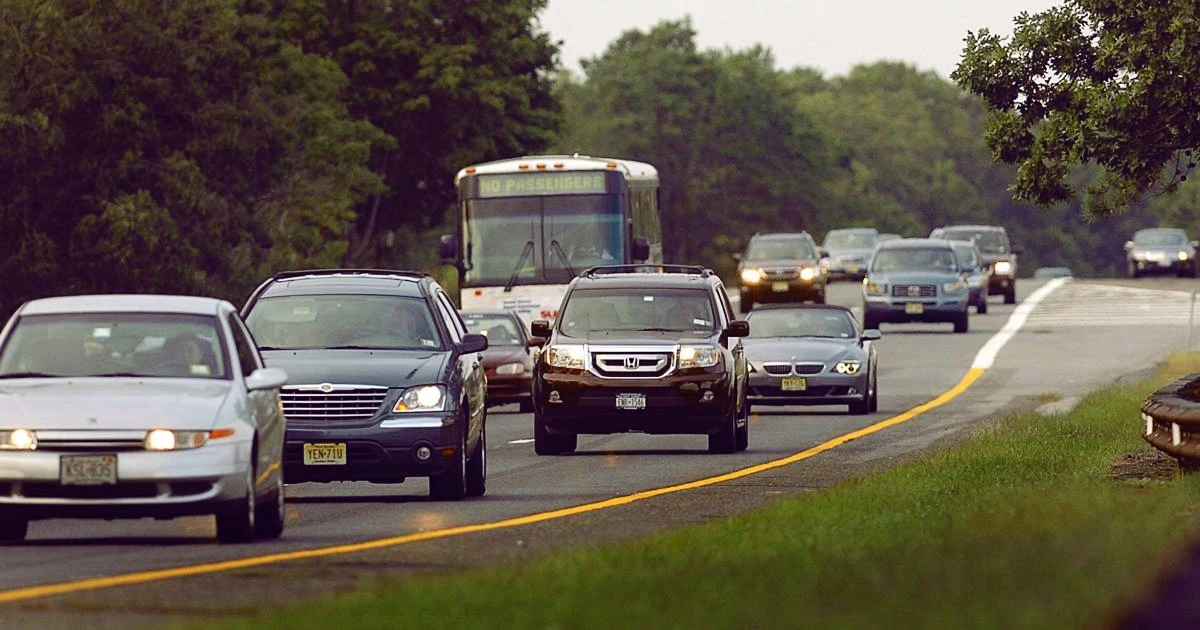New Jersey Turnpike Authority Greenlights Toll Hike Amidst Financial Concerns
In a decision bound to impact commuters and travelers alike, the New Jersey Turnpike Authority has given the green light to a toll increase of 3% for both the iconic New Jersey Turnpike and the Garden State Parkway. This move comes after initial resistance from Governor Phil Murphy’s office to a similar proposal back in October, signaling a shift in approach to address pressing financial needs.
The toll hike, once implemented later this year, is anticipated to see an average increase of 15 cents on the Turnpike and 5 cents on the Parkway, although variations may occur depending on specific factors such as vehicle type, route, and time of travel. For instance, a standard passenger vehicle utilizing an E-ZPass transponder, entering the NJ Turnpike via the Pennsylvania Turnpike and exiting through the George Washington Bridge during peak hours, currently incurs a toll of $17.04. With the approved toll hikes, this toll would rise to $17.55, reflecting the incremental adjustments aimed at sustaining essential infrastructure and services.
Meanwhile, in a parallel development, NJ Transit has unveiled plans to raise train and bus ticket fares by 15%, subject to regulatory approval. This proposal, slated to take effect from July 1, 2024, underscores the agency’s efforts to address ongoing financial challenges exacerbated by a prolonged period of reduced ridership attributed to the COVID-19 pandemic.
NJ Transit cites a staggering reduction in fare revenue, totaling nearly $2 billion since March 2020, due to persistently lower ridership levels compared to pre-pandemic figures. The proposed fare hike, while aiming to mitigate revenue shortfalls, also introduces a framework for annual systemwide increases of 3%, commencing from July 1, 2025, and recurring annually thereafter. Importantly, these incremental adjustments are capped at 3% annually, ensuring a measured approach to fare adjustments over time.
In anticipation of public feedback and scrutiny, NJ Transit has scheduled a public hearing on Monday, March 4, at the Cherry Hill Public Library in New Jersey. This forum offers stakeholders and community members an opportunity to engage with decision-makers and express concerns or support regarding the proposed fare adjustments.
It’s noteworthy that the last fare increase on NJ Transit services occurred back in 2015, highlighting the significance of the current proposals against a backdrop of evolving transportation needs and fiscal realities. As commuters and travelers navigate these changes, there is a growing emphasis on balancing the imperative of maintaining vital transportation infrastructure with the need for equitable and sustainable funding mechanisms to support long-term mobility solutions.

